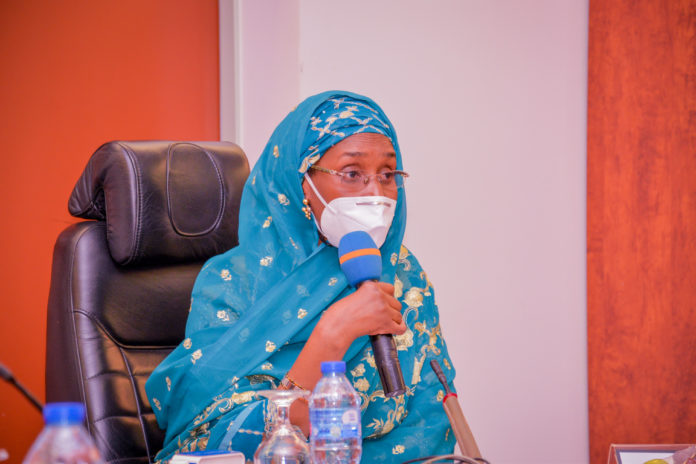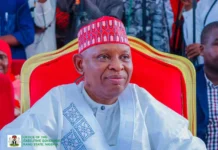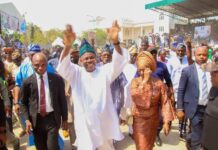
This was disclosed Wednesday by Special Adviser on Media to the Minister of Humanitarian Affair, Disaster Management and Social Development, Nneka Ikem Anibeze.
Anibeze noted that the Working Group which was inaugurated on Tuesday September 1, 2020 by the Minister of Humanitarian Affair, Disaster Management and Social Development, Sadiya Umar Farouq, is expected to enhance coordination and seamless delivery of humanitarian aid to affected communities in the country.
READ ALSO:
Mining: Adegbite urges companies to operate within guidelines
According to Anibeze At the minister charged the members to ensure the implementation of all NHCC recommendations related to the operationalization of the CiSEC framework and guidelines and to propose a national vision for humanitarian action.
“It is important that you understand that your Committee will not only cater to the North East but will take into context, Nigeria as a whole.
“Your Terms of Reference also include proposal of policies that will enhance coordination and seamless delivery of humanitarian aid to affected communities in the country; Ensure that CiSEC guidelines and related action plans reflect adherence to humanitarian principles and best practices while engaging all parties in crisis response situations, taking cognisance of Nigeria’s national security interests”.
Hajiya Umar Farouq also emphasized the need to ensure that functional engagements between security and humanitarian actors remain consistent with the principles under the CiSEC framework and also promote advocacy on humanitarian access, protection and logistics issues as required.
READ ALSO:
BUA, Axens Sign Agreement for 200,000bpd Refinery Project in Akwa Ibom
In his acceptance speech, the Chairman of The Working Group Grema Ali. who is also the Permanent Secretary overseeing the Ministry, thanked the Minister for the privilege to serve in the group.
“Thank you for finding us worthy of working in this technical group and for the confidence reposed in us. By the grace of God, we shall not disappoint you”.
The TWG is made up of critical stakeholders comprising of Commissioners in charge of Humanitarian issues in Borno, Adamawa and Yobe; heads of NEMA, NEDC and NCFRMI; representatives of Operations of the Armed Forces, the European Union Commision, United States Agency for International Development and United Nations Office for the Coordination of Humanitarian Affairs





